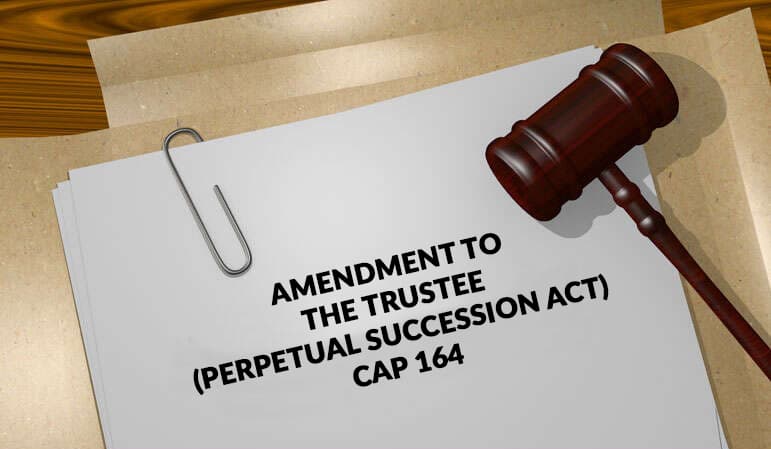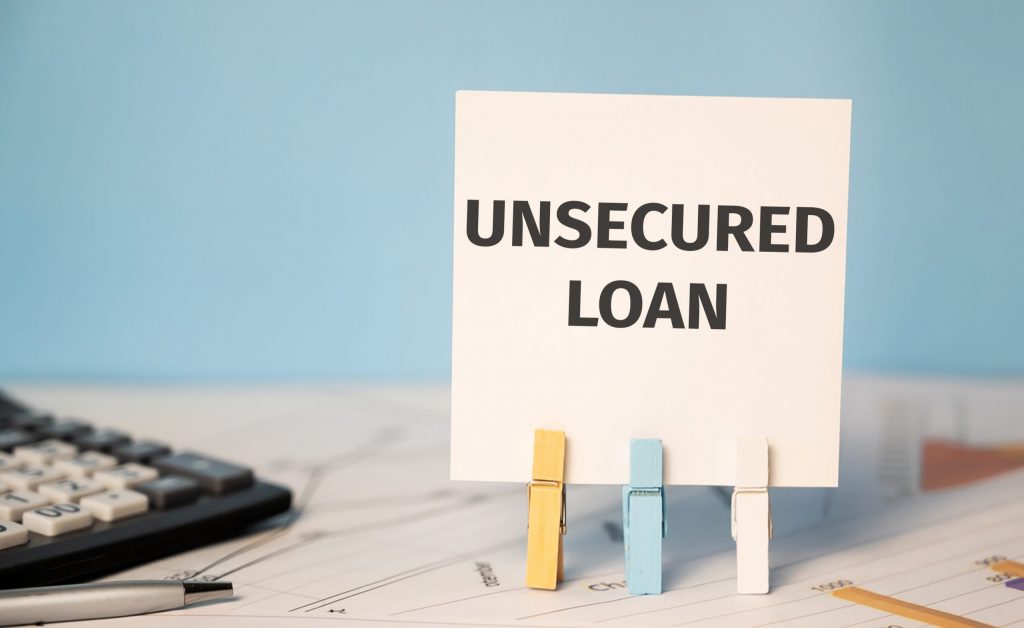4 Key ISSUES IN UNSECURED LOAN AGREEMENTS & HOW TO RESOLVE THEM.
An unsecured loan can simply be defined as a loan where the borrower does not put any collateral or security in exchange of the loan sum advancement. The loan in most cases is advanced by the creditor on the strength of the individual’s/entity’s creditworthiness. Examples of unsecured personal loans include; credit cards, mobile lending apps or student loans.
While unsecured personal loans can offer a much-needed alternative to the rigorous bureaucratic procedures of obtaining secured loans from banks and offer credit lines to low income households they also pose various risks as detailed below.
Privacy Concerns
From a Kenyan context the underlying issue of most unsecured lenders involved in predatory lending practices are grievous breaches of privacy of borrowers. Specifically mobile lending applications in Kenya have been a nuisance to borrowers, as hidden in the fine print of their terms and conditions are appalling allowances that permit the lenders access to the phonebooks of borrowers. This is despite the existence of stringent data protection laws that bar such practices.
Early-Payoff Penalties
Due to the short-term nature of unsecured loans, lenders normally require a quick turnaround from the point of the disbursement of the loan amount and paying off the loan. Contrasting with secured loans which normally allow for respite before the start of paying off the loan. Consequently unsecured borrowers normally accrue early-payoff penalties leading to an accumulation of interest of the principal amount.
High Interest Rates
Unsecured lenders charge exorbitant rates of interest due to the desperation of most unsecured loan borrowers leading to accusations that their practices are akin to predatory lending. A good example of such are mobile lending applications. This leaves the borrowers in an unending cycle of debt.
Low Borrowing Limits.
The lack of security put up for unsecured loans limits the amount available as lenders safeguard themselves from liability. As such borrowers are limited in the amount of credit they can access therefore limiting the size of projects they can undertake.
Recommendations.
Regulations of Unsecured lenders.
A key mechanism for solving the issues that arise in unsecured loan agreements is regulation. A turning point in the sector was the implementation of the Digital Credit Providers Regulations, 2022. The regulations’ main objective was to put a stop to the predatory lending practices in the sector. Critically, all digital lenders as per Regulation 4 must be licensed by the Central Bank of Kenya.
Further, the Office of the Data Protection Controller has in various instances launched investigations into various unsecured lenders specifically digital lending applications for breaches of data protection laws. This has led to a decrease in the violations of privacy highlighted above.
Increased Awareness.
While unsecured loans serve as a resourceful way of obtaining credit borrowers ought to be aware of the risks associated with unsecured loans before entering into them.
How can we assist you?
At Netsheria International, we have an experienced team of lawyers who can offer you legal assistance in capital raising for your business. We provide you with the largest collection of business documents and agreements at affordable costs. Please contact us for our services at info@netsheria.com or visit our website at https://netsheria.com/ for more information on our services.






